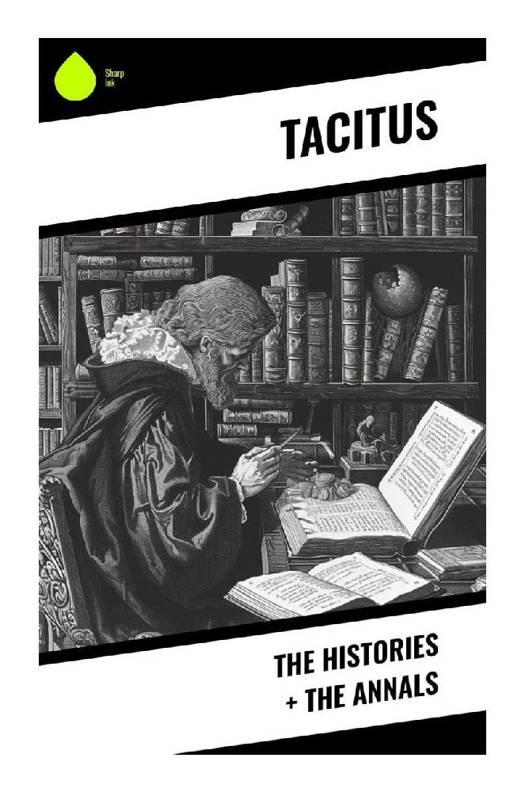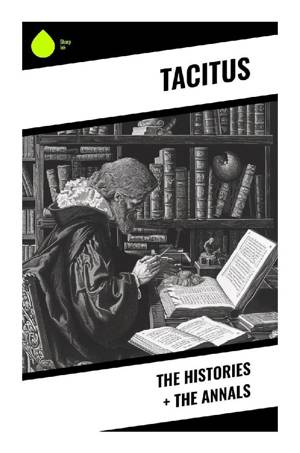
Door een staking bij bpost kan je online bestelling op dit moment iets langer onderweg zijn dan voorzien. Dringend iets nodig? Onze winkels ontvangen jou met open armen!
- Afhalen na 1 uur in een winkel met voorraad
- Gratis thuislevering in België vanaf € 30
- Ruim aanbod met 7 miljoen producten
Door een staking bij bpost kan je online bestelling op dit moment iets langer onderweg zijn dan voorzien. Dringend iets nodig? Onze winkels ontvangen jou met open armen!
- Afhalen na 1 uur in een winkel met voorraad
- Gratis thuislevering in België vanaf € 30
- Ruim aanbod met 7 miljoen producten
Zoeken
Omschrijving
Tacitus's monumental works, "The Histories" and "The Annals," offer a profound and intricate examination of Roman history, spanning from the Year of the Four Emperors to the rise of Domitian. His literary style is marked by a terse and incisive prose, which underscores the complexity of political machinations and moral ambiguities within the Roman Empire. Tacitus's work is not merely a historical account; it serves as a nuanced analysis of power, tyranny, and the corrosive effects of absolute authority, situated within the literary tradition of Roman historiography, influenced heavily by predecessors like Livy and Thucydides. Tacitus, born into the Roman aristocracy around 56 AD, navigated the precarious political landscape of his time, serving in various governmental roles that exposed him to the inner workings of imperial power. His observations of the corruption and decadence of Rome's leadership, alongside personal tragedies such as the loss of his wife, shaped his skepticism towards the imperial exercise of power. This combination of personal experience and political insight fuels the depth of his historical narratives, making them not only records of events but reflections of human nature itself. For readers keen on understanding the dynamics of power and its implications in history, Tacitus's "The Histories" and "The Annals" are indispensable. These texts engage with the timeless themes of political intrigue and moral decay, offering invaluable lessons relevant to both historical and contemporary political discourse. An essential read for historians, political scientists, and literature enthusiasts alike, it invites reflection on the nature of authority and the fragility of liberty.
Alleen bij Standaard Boekhandel
+ 35 punten op je klantenkaart van Standaard Boekhandel
Beoordelingen
We publiceren alleen reviews die voldoen aan de voorwaarden voor reviews. Bekijk onze voorwaarden voor reviews.












